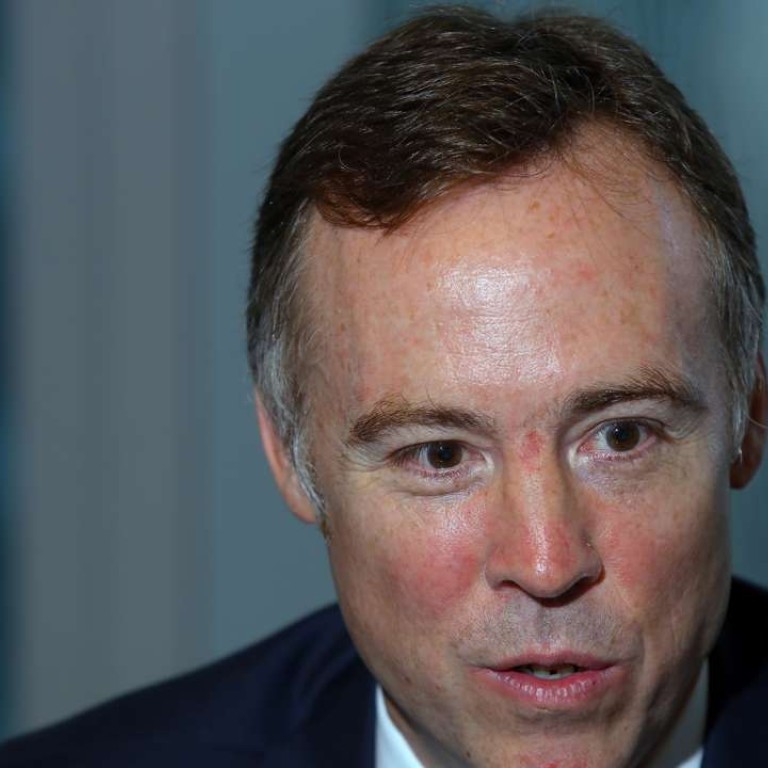
Deutsche Asset Management plans China and Asia expansion
Deutsche Asset Management plans to expand its China and Asian business as it expects the upcoming stock connect between the Shenzhen and Hong Kong stock markets and the possible inclusion of A-shares into the MSCI index next year to help fuel economic growth in the region, according to the bank’s Asia Pacific head Jon Eilbeck.
“China’s economic slowdown is likely to be a short-term phenomenon while we are planning to be here for the long-term,” Eilbeck said.
“Deutsche Bank was established in Shanghai in 1872 so we have a long history here. China has a lot of policies to open up its capital markets which are going to give asset management companies a lot of growth opportunities,” he said.
“We take part in the Shanghai and Hong Kong stock connect scheme and are looking forward to the launch of the Shenzhen and Hong Kong stock connect scheme in the second half of this year. These schemes allow China to open up its capital market step by step so that international investors can invest in them in an orderly manner,” Eilbeck said.
Eilbeck said another major driving force for China markets would be the decision by MSCI in June on whether to include A-shares in its emerging market indices effective from 2017.
“I am reasonably positive that the A-shares will be included in the MSCI announcement this summer but there are many factors that would influence the decision. If they do, this would obviously trigger further fund inflows. For example, if they put a 10 per cent market cap limit, then I would expect over US$30 billion inflows from funds referencing the MSCI China.” he said.
Eilbeck is positive about the outlook for the China equities, but noted that building up his company’s funds business will not be easy.
“The competition is fierce in Asia. This has cut down profit margins and made it harder for us to recruit and retain talent,” he said.
Deutsche Asset Management provides exchange traded funds and other fund products investing in infrastructure, and real estate. These funds are available for retail and institutional investors. Deutsche also serves institutional investors who need to invest insurance or pension funds.
In Asia, Deutsche has major hub offices in Hong Kong, Singapore and Tokyo and smaller offices in Australia and South Korea.
Eilbeck admitted its Asia business should be bigger.
“The business in Asia Pacific now represents only single digits of our global business asset size. We are targeting a double digit [share] in some years,” he said.
He said the primary focus is to expand in these hubs by organic growth.
“Asia has a young population and a growing segment of wealthy individuals which would support future growth for the asset management industry,” he said.

